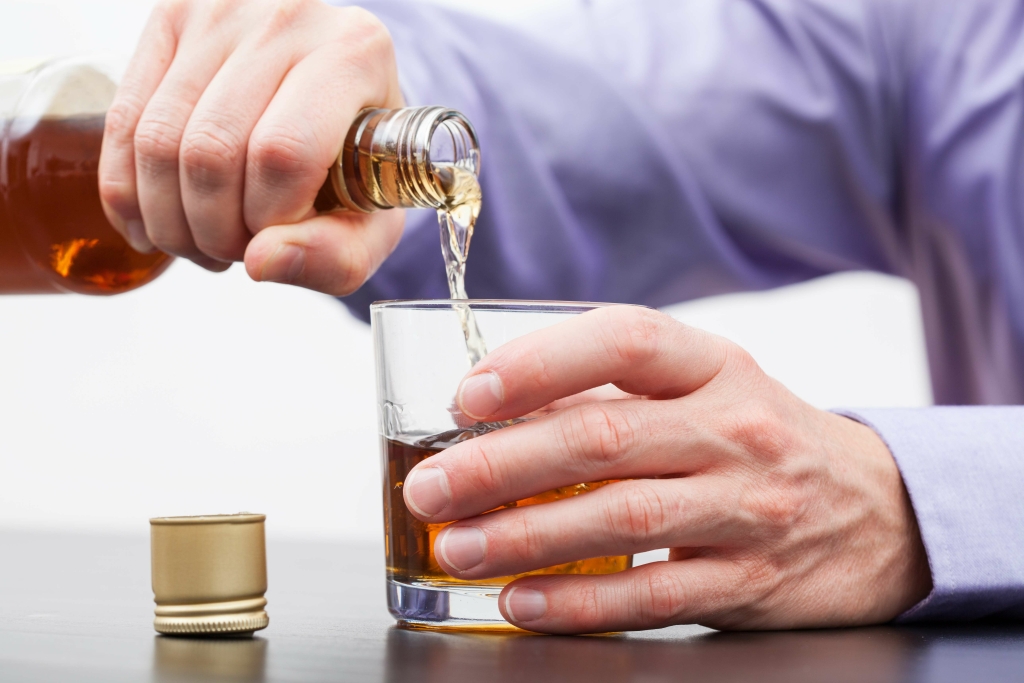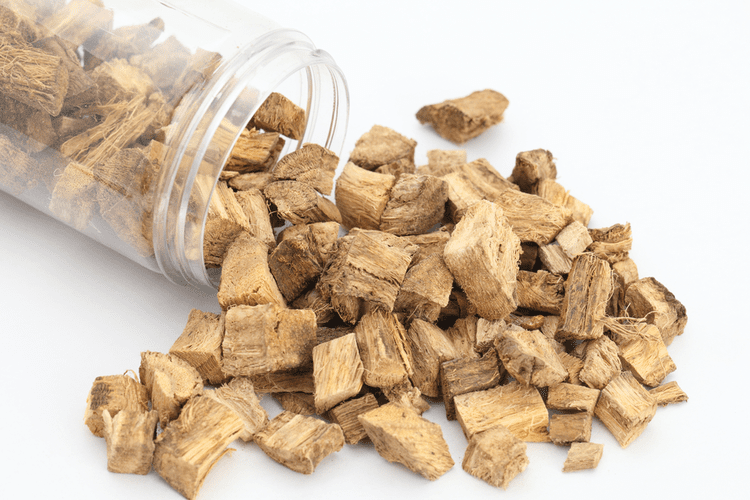No matter how you define it, sober life has many benefits, including a higher overall quality of life and one includes a healthier lifestyle. You may find that new friends are sober friends, and after recovering from a substance abuse disorder, people generally see life in a new, hopeful way. Some people avoid medically supervised rehab because they prefer natural remedies for alcohol withdrawal. Slowly tapering off alcohol is the safest way to naturally overcome alcohol withdrawal, and many at-home remedies can help you cope with mild withdrawal symptoms. However, medical treatment is necessary to treat major symptoms of withdrawal. The purpose of tapering off alcohol is to avoid major withdrawal symptoms so you can achieve sobriety safely.
Coping with Withdrawal Symptoms
- However, experiencing these challenges does not mean you have “failed” in sobriety.
- Not only does this mean that you will avoid the use of drugs or alcohol, but it can also mean an avoidance of the lifestyles that enable substance abuse.
- Time that may otherwise be spent heading out and buying alcohol has to be spent taking your dog for a walk — they need to go out.
- Alcohol relaxes the body (including the tongue) and this can lead to shortness of breath, snoring, or even choking.
Serious symptoms caused by delirium tremens include hallucination and seizure. When you are detoxing from alcohol at a rehab center, nurses and doctors monitor vital signs, provide adequate nourishment and treat complications if they occur. Detox can be a difficult process, but taking care of yourself is the best way to ensure a successful outcome. Make sure to drink plenty of fluids, get enough rest, and seek medical help if needed. Remember, every small step you take toward a healthier lifestyle contributes to a stronger, more resilient, and more fulfilling sober life. By understanding the http://beeset.ru/girls-and-drugs-devochki-perepili-i-perekurili/ benefits and limitations of each approach, you can make an informed decision about which treatment option will offer the greatest chance of success in achieving lasting sobriety.
Taking Care of Yourself Through This Process
The craving for alcohol may be a persistent challenge during and after withdrawal. There will be multiple points throughout the process where you will be tempted to drink. It’s helpful to think of your craving as a wave; Cravings build, peak, crash and dissipate. The point is that eventually, your craving will go away — the wave will crash. Just a heads-up that carbonated beverages with high alcohol content—beer, champagne, or even rum and Coke—may speed up your body’s absorption of alcohol more than the non-bubbly kind. In a 2007 study of 21 people, 66 percent of people who consumed vodka absorbed the alcohol faster if it was mixed with a carbonated beverage compared with water.
Digital Health and Wearable Devices
You’ll save money on gas, potentially groceries, and keep yourself busy in a productive manner. Not only do you find yourself with more hours in a day, but on reflection you can start to see where that time went. If you feel you have the self control, go to bar, and don’t order anything to drink. At home, without the routine action of fixing yourself a drink and zoning out. Additionally, even if you didn’t wake up every day hungover, alcohol is detrimental to sleep, making you groggy regardless of how much you were drinking.

Sobriety: The Comprehensive Guide on How to Stay Sober
Medications are often used to manage the symptoms of alcohol withdrawal safely. Benzodiazepines, such as diazepam (Valium) or lorazepam (Ativan), are commonly prescribed https://oscar-wilde.ru/english/portret-doriana-greya-na-angliyskom-yazyke.html to reduce withdrawal symptoms and prevent complications like seizures. Other medications might include anticonvulsants, anti-nausea drugs and sleep aids, depending on individual symptoms and medical history.
What Is the Role of Community in Sobriety?
So, it’s extra helpful to have a support network available to you when you need it. Studies show that shame and guilt can hinder recovery from addiction. This is why self-care plays such an impactful role when trying to stay sober. When feelings of shame or guilt enter your mind, always have a few self-care routines to turn to.
– Ride out the cravings.

Don’t beat yourself up if you don’t succeed the first time. It took a couple of years, and making connections with like-minded people, to help him get sober. “They took me by the hand and walked with me when I couldn’t walk on my own.” “I used alcohol like a tool, like a painkiller, just to get through one more day,” he says. By 2014, he was drinking two to three bottles of wine a day. The goal of truly transformative and effective treatment in sobriety is to be life-changing.
The brain compensates for the depressive effects of alcohol by increasing its activity. When people who are dependent on alcohol http://www.beonlive.ru/lj/social/archive.php?data=-1585643325.php drink, they feel normal. Developing healthy habits, such as regular exercise, proper nutrition, and self-care, is crucial for supporting long-term recovery and overall well-being. By making a conscious effort to prioritize your health and adopt healthier habits, you’ll not only improve your physical and mental health but also increase your resilience against relapse.
- By organizing and clearing out unnecessary items, you create a calmer and more controlled environment, which helps reduce impulses and cravings.
- When things like this happen, find a sober friend or loved one you can talk to for support.
- He firmly believes that every individual is capable of living a life free of drugs and alcohol.
- To prevent a relapse, one of the best things you can do is manage your time wisely.
- One of the biggest perks about sobriety is being able to think ahead, long-term.
Managing PAWS symptoms effectively can involve medications like acamprosate and psychotherapy, which have been proven to help individuals maintain their sobriety and navigate the challenges of PAWS. Post-Acute Withdrawal Syndrome (PAWS) is a set of impairments that can occur after withdrawal from alcohol and other substances, with symptoms lasting for weeks or even months. Common signs of PAWS include anxiety, depression, insomnia, fatigue, irritability, and difficulty concentrating.